Green Finger Fun and Dirty Shoes at our Doordrift Planting Action Day
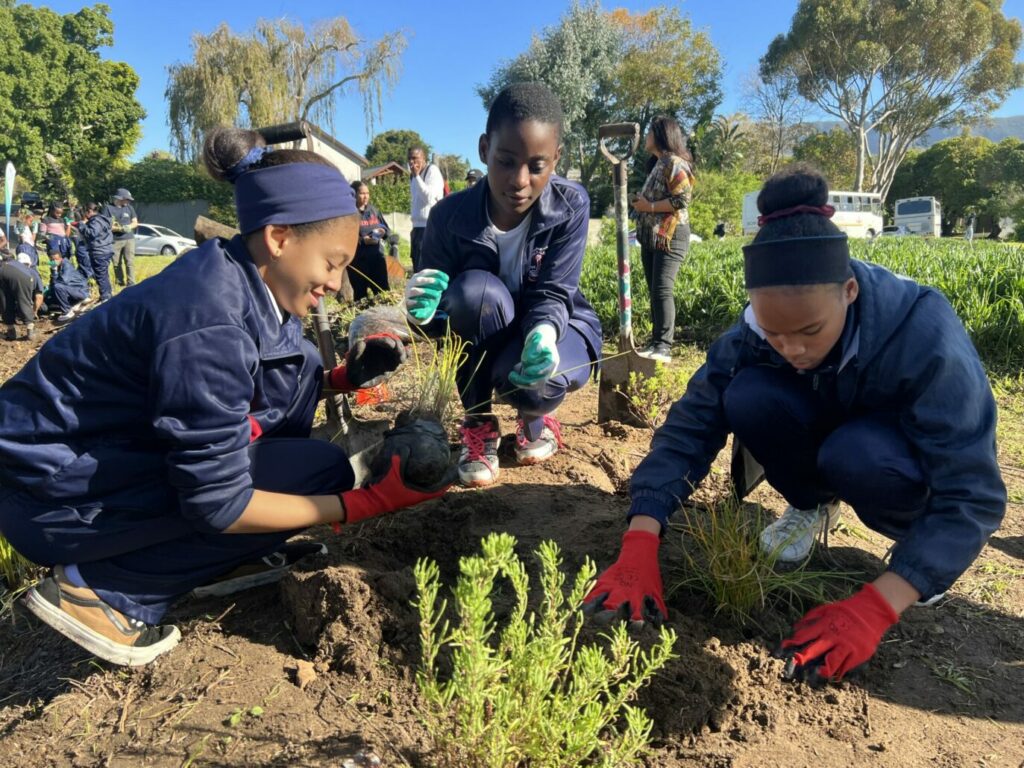
On June 10th, the Sustainable Schools and Nature Care Fund teams joined forces to host Nature Connect’s 2nd Action day of 2023: A Fynbos Planting Day at the Doordrift Greenbelt in Constantia, adjacent to FynbosLIFE’s educational Wetland Circle.
The teams combined their expertise in local flora and environmental education to offer the learners from Sweet Valley, John Graham, St James and West End Primary School a well-rounded day filled with fun activities.
The Sustainable Schools educators and Nature Care Fund conservationists had the learners on the edge of their seats with short lessons which included topics of:
- The plant life cycle, and how different plants need different amounts of sunlight, water, air, and types of soil.
- A Fynbos tea tasting, while learning about the traditional uses of fynbos, such as treatment of cancer, high blood pressure, and insomnia.
- The impact of alien species on our rivers, and learners had to go find and remove some of the alien species from the area.
- How to transfer potted saplings into the ground, the benefits of mulching, and what natural elements are required by plants to survive.
Passionate Planters!
Earlier that week, the Nature Connect team cleared the site of the invasive kikuyu grass that had overtaken the river banks. Kikuyu grass is water hungry and becomes invasive very quickly, which makes it difficult for the indigenous plant species to flourish once this species has settled into an area.
On the Action Day, we kitted up the learners with gloves (donated by Plastics SA and Plastics for Africa), and spades. With green fingers and dirty shoes, the learners dug holes, planted and mulched up 314 individual plants. The majority of these plants were generously donated by FynbosLIFE, with some additional plants being purchased through other funds received by Nature Connect.
15 indigenous plant species were planted along the riverbank:
- Elegia tectorum (Cape thatching reed)
- Ficinia nodosa (Knobby club-rush)
- Juncus effusus (Common rush)
- Juncus kraussii (Salt marsh rush, matting rush or dune slack rush)
- Isolepis prolifera (Vleigras)
- Cyperus textilis (Mat sedge, umbrella sedge, basket grass)
- Psoralea pinnata (Fountain bush)
- Orphium frutescens (Sea-rose)
- Ursinia sp. (Daisy family)
- Melianthus major (Giant honey flower or kruidjie-roer-my-nie)
- Nidorella foetida (Stink vleiweed)
- Freylinia lanceolata (Honey bell-bush)
- Senecio halimifolius (Tabakbos)
- Imperata cylindrica (Cogon grass)
- Plecostachys serpyllifolia (Cobweb bush)
Camouflaging Creatures
During the time we spent at the Doordrift greenbelt, we also came across some fellow fauna. The Cape rain frog, who has mastered the art of camouflage, can only be seen if it moves in the soil. As this species is Near Threatened (IUCN Red List), it was exceptional to come across 5 of these grumpy-looking amphibians. We also came across a Cape river frog, who will love the revamp of his home (and all the prey that comes with it!).
Fynbos for the Future
A few schools in the area have committed themselves to maintaining the site over the next year.
The maintenance plan has been set in place to prevent reinvasion of the Kikuyu, along with any other weeds, and to ensure the newly planted species have the best chance to become established in the restoration site.
We can’t wait to see how the frogs and the rest of the ecosystem flourishes at Doordrift. These green spaces are crucial in our communities to provide residents and learners with a space to learn, and rejuvenate.
We would like to extend special thanks to FynbosLIFE, PlasticsSA and Plastics for Africa who made donations that allowed this Action Day to be a great success. We would also like to thank the City of Cape Town’s Recreation and Parks (the landowner) for allowing us to help rehabilitate this section of the greenbelt. A big thank you to Evelyn, the community member who availed her home for overnight storage of the plants. We would also like to thank Sweet Valley, John Graham, St James and West End Primary School who brought their little conservationists to come learn and initiate change in our precious natural spaces.
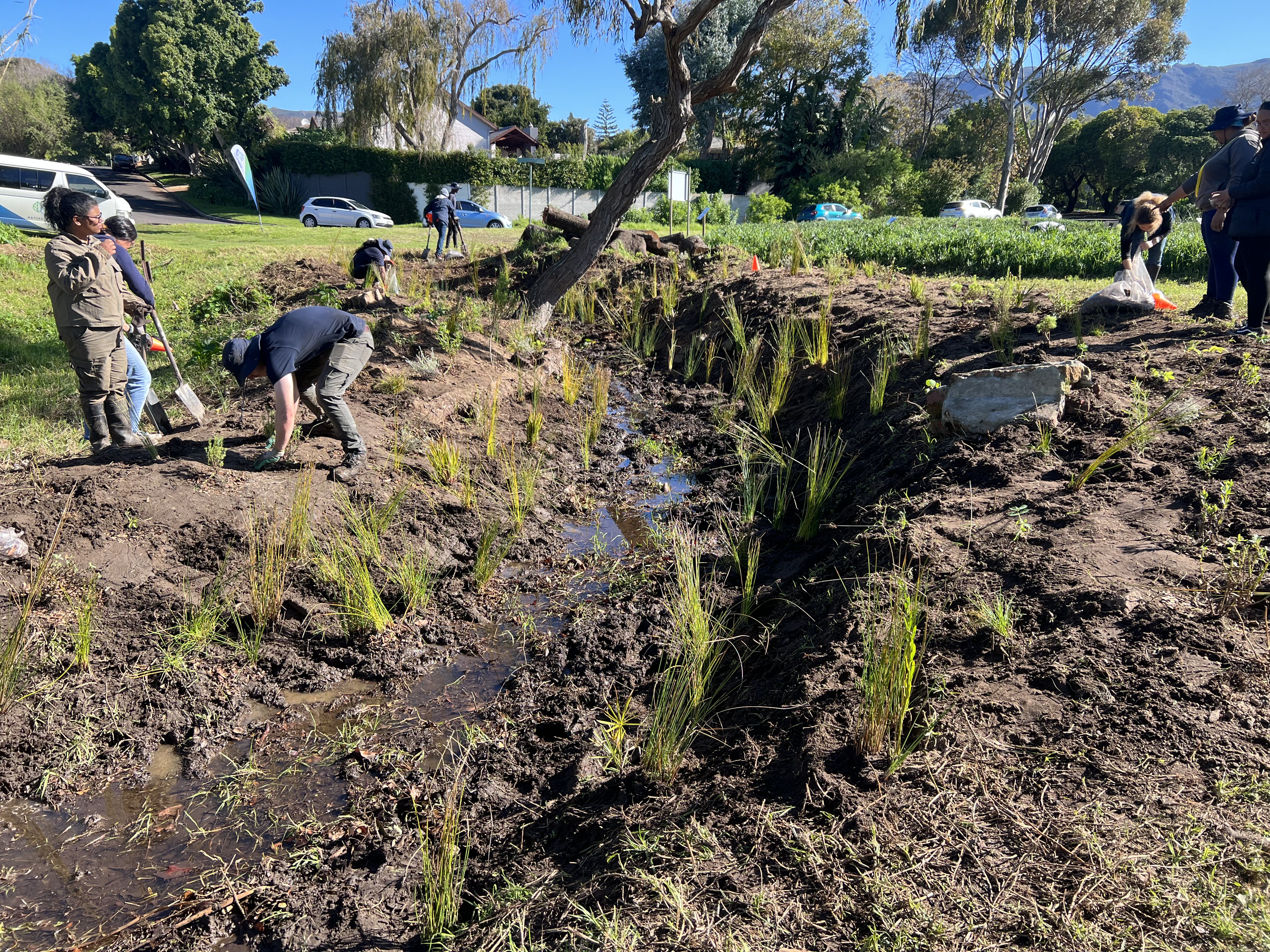
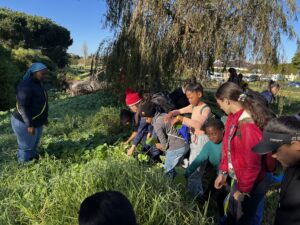
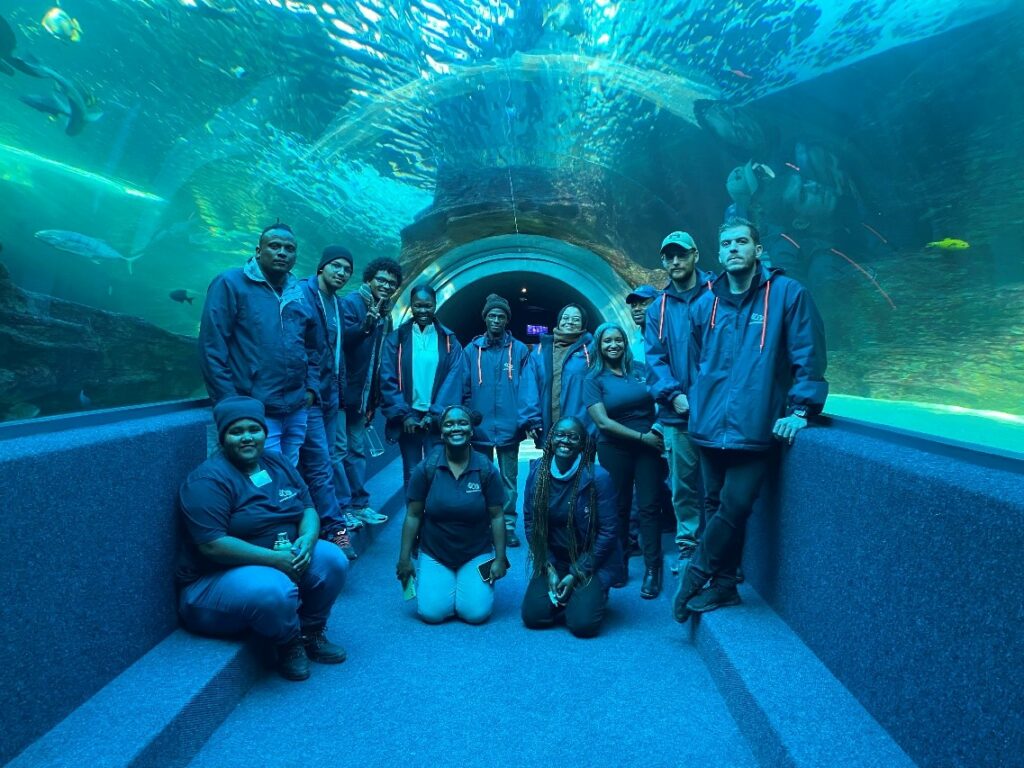
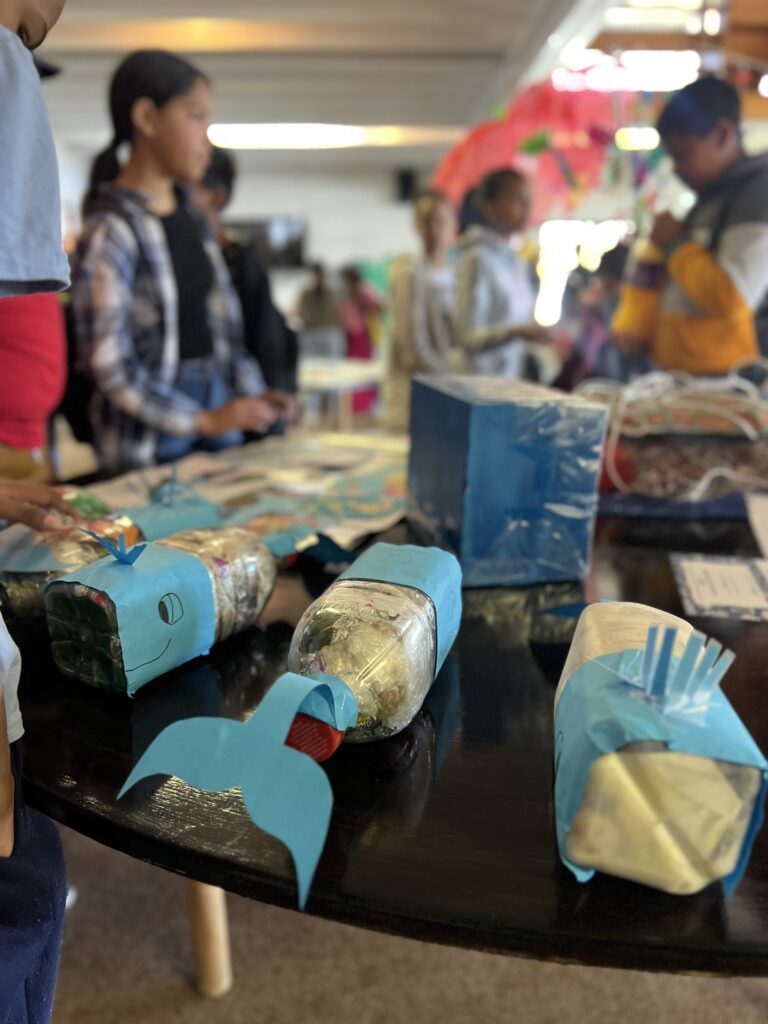
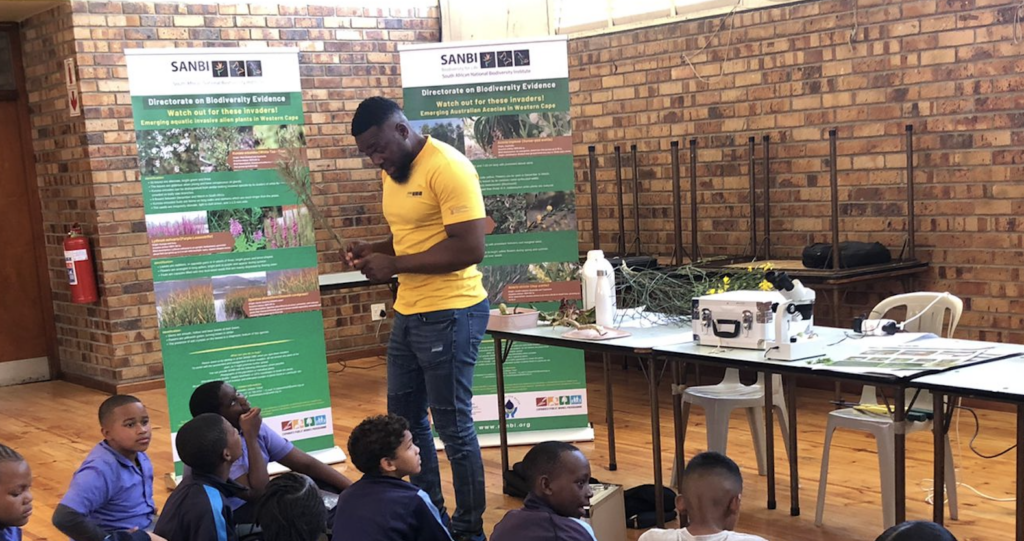
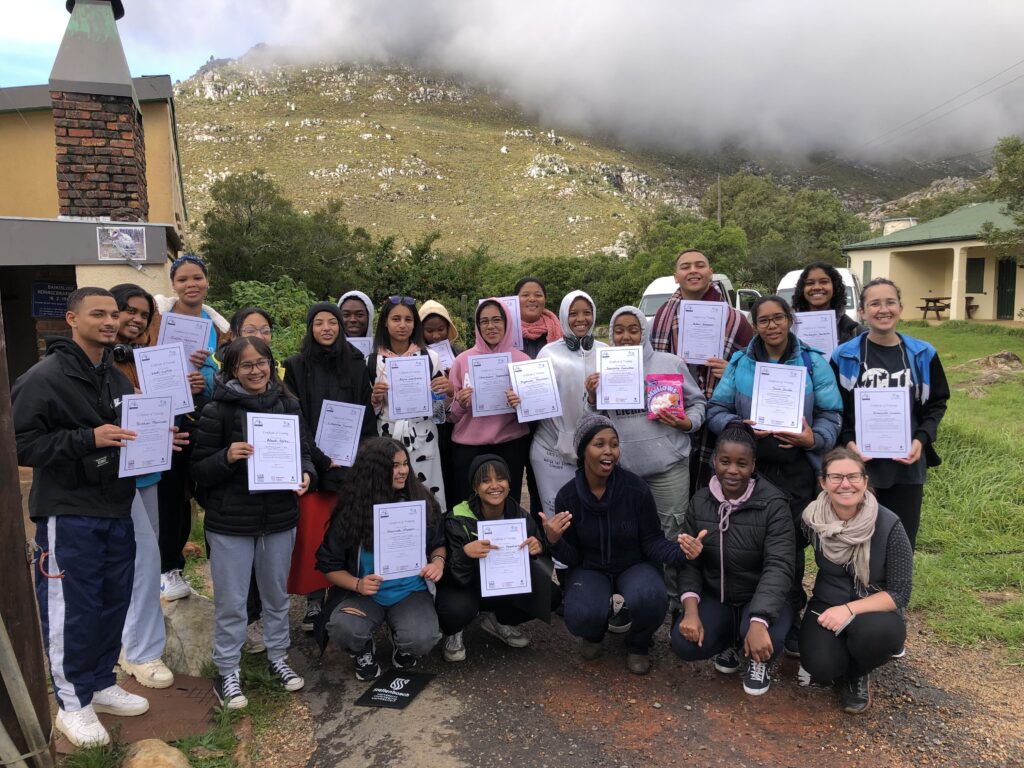
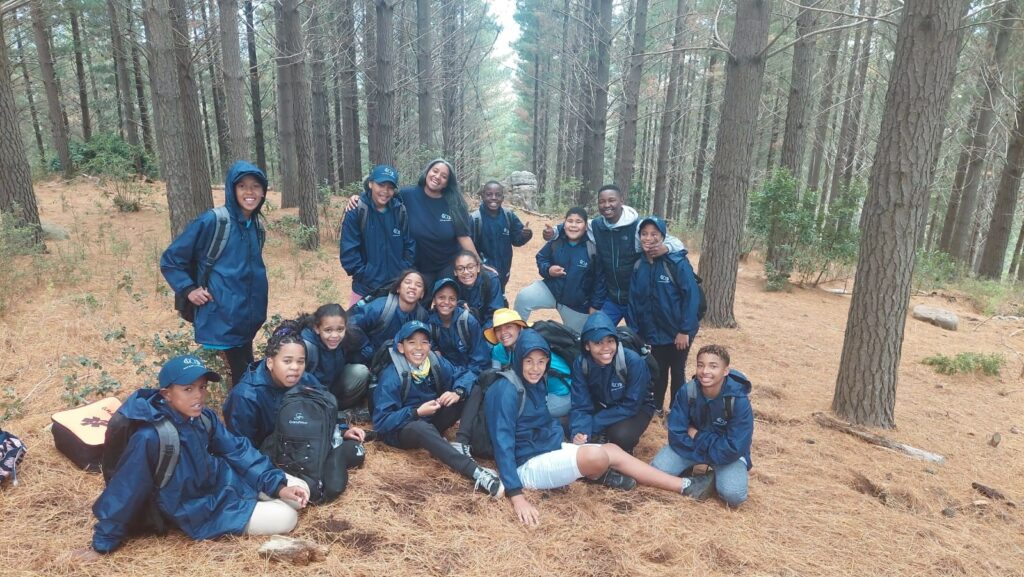


Responses